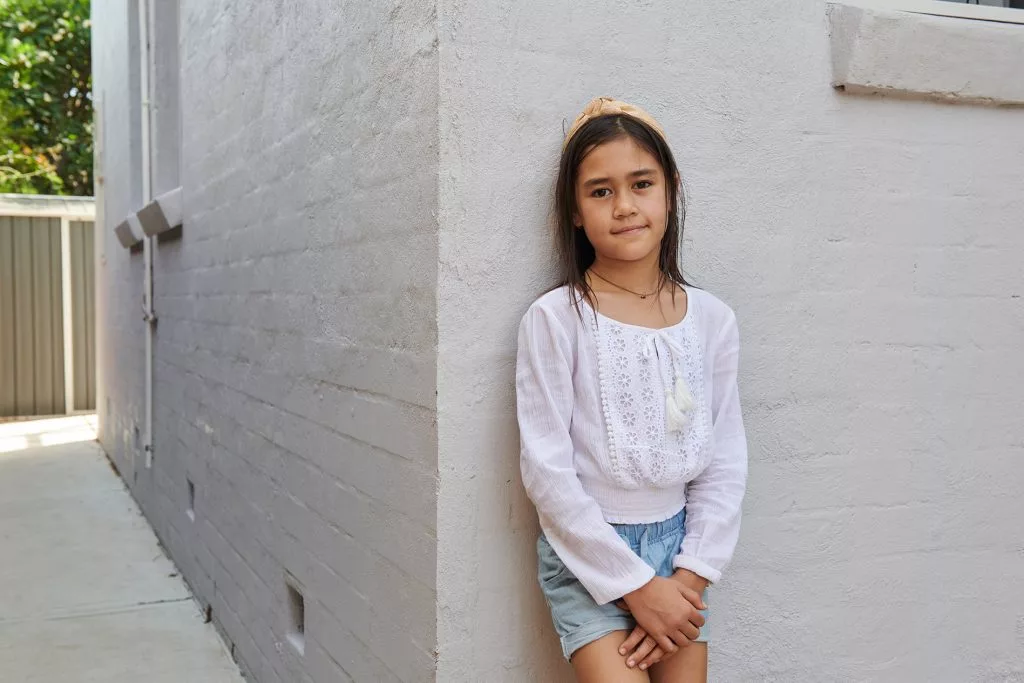Impacts of COVID-19 on children’s mental health & wellbeing
by Kat Rowe | November 16, 2020
The COVID-19 pandemic has resulted in several lockdowns globally. Countries around the world have been modifying their physical or social distancing policies and imposing quarantines depending on the rise and fall in the number of confirmed cases.
COVID-19 has led to the stoppage in the vast majority of industries, schools, recreational centres and restaurants. Airports had to close and everyone’s mobility by land, sea and air became a thing of the past. Unemployment rates soared across the world, and there are already more than a million COVID-19 deaths to date.
One thing that has not been given much attention is the impact of the currently abnormal social conditions on children, whose growth and development have been compromised. In fact, more than a billion children and teenagers have been affected by school closures and the lack of internet access at home to continue their learning.
Child and youth mental health in Australia

All kids and young people across the world, including children and adolescents in Australia, are all trying to survive the pandemic just like the rest of humanity.
Of course, an additional concern children and young people are facing is that they are largely dependent on their parents or guardians for all of their needs. School closures and distance learning also impact the psycho-social aspects of their development.
Youth mental health in Australia is one of the top five problems among young people as reported by the Kids Helpline and the Australian Human Rights Commission. Based on the report, the top five major concerns raised during the interactions of kids and youth with Kids Helpline counsellors are:
- Mental health problems attributed to COVID-19
- Social isolation
- Education
- Family life
- Changes to plans and routines
Children remain at a high risk of facing the aforementioned issues primarily because of prolonged or intermittent school closures and extended home confinement.
Most of the worries of children suffering from anxiety revolve around whether they’ll still see their friends, classmates and relatives, and be able to go out and play like before. They’re also anxious about getting infected and whether they will ever go back to school.
Symptoms of anxiety in children
At present, anxiety is one of the predominant issues for children, manifested as separation anxiety and school refusal because of children’s experience of lengthy home confinement. This could be more evident in states such as Victoria, where restrictions during certain months were greater.
If you are worried about your children and how they might be feeling, be on the lookout for the following signs of anxiety:
- Restlessness, agitation
- Lack of focus or inattentiveness
- Crying and tantrums
- Avoidance or refusing to go back to school
- Overly high expectations of their own performance
- Meltdowns over just about anything
- Maladjustment
- Problems with going to sleep
- Somatic symptoms, e.g. headaches, stomachaches, etc.
Managing anxiety in children
Just like adults, children are affected by media exposure, social isolation, changes in economic circumstances and other social and environmental factors. However, children could miss or experience delays in achieving key developmental milestones typical of their age group due to anxiety and related emotional stresses.
To help them cope with these challenging times, consider implementing the following tips to alleviate their fears:
- Let your kids know it is fine to feel bad or unhappy.
- Encourage them to share their feelings without fear of judgement.
- Listen to what they have to say.
- Remind them that you will always be there to support them.
- Comfort them and show you care by engaging in simple activities they enjoy.
- When circumstances allow, take your children for a stroll outside or in your backyard to have a picnic.
- Let your kids play when community parks open whilst observing health protocols.
- Keep to your routines at home, such as regular mealtimes and bedtime.
- Ensure your kids are eating right and getting enough rest and sleep.
- Reduce or limit their exposure to media, particularly upsetting images and news.
- Set a fine example by showing how you handle challenges with calm and poise.

However, if you are also experiencing problems that interfere with your ability to provide your children’s needs, or if you need help in reassuring your children, please contact Stride.
We offer mental health services for children and adults so everyone can cope better with the challenges life brings.

